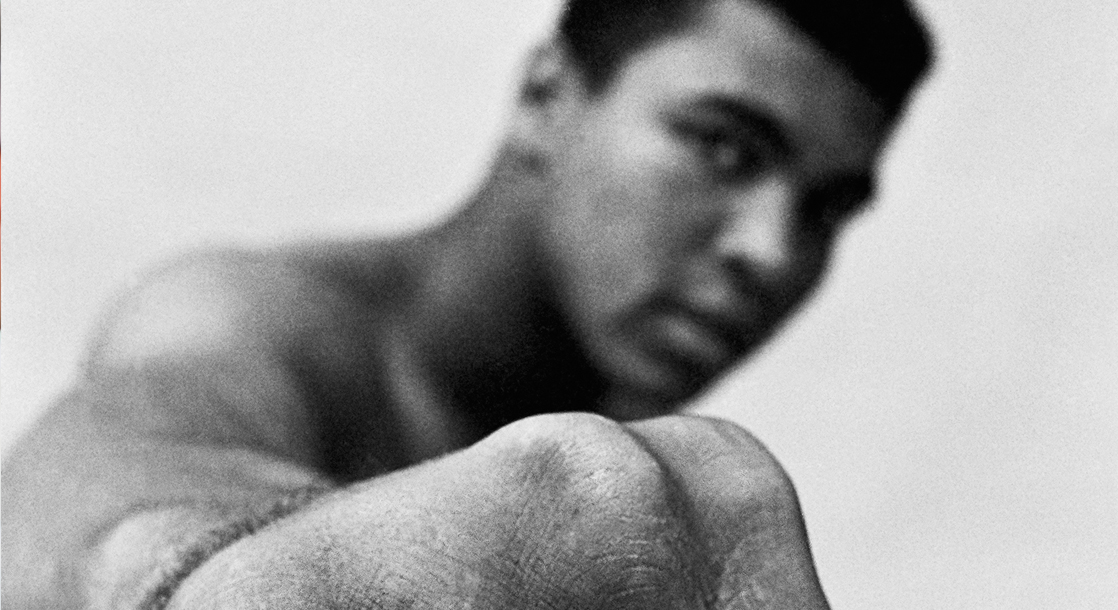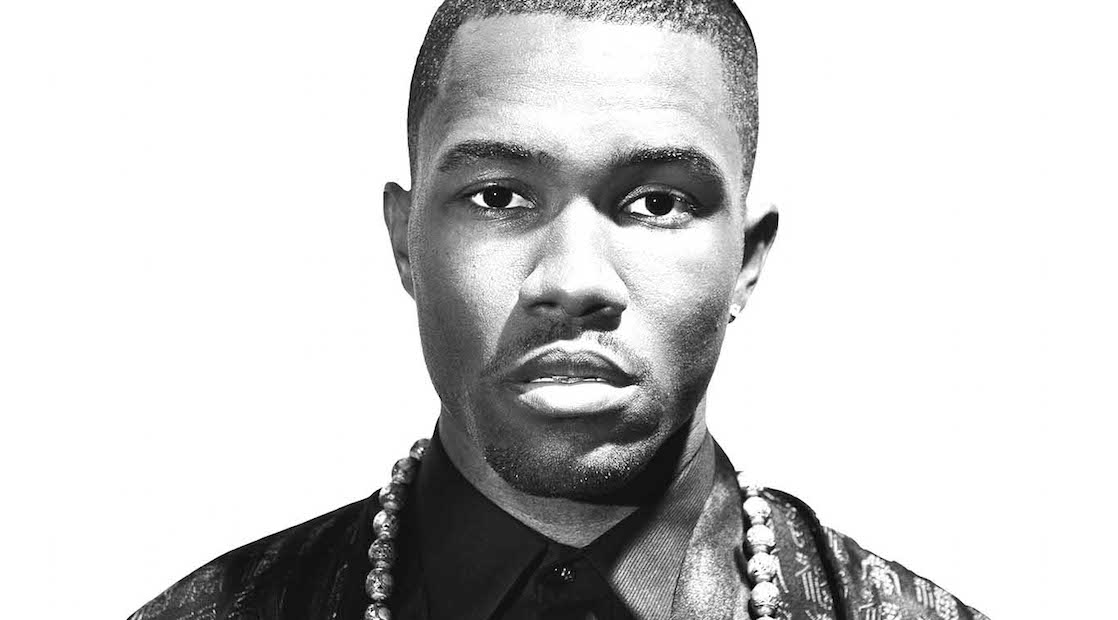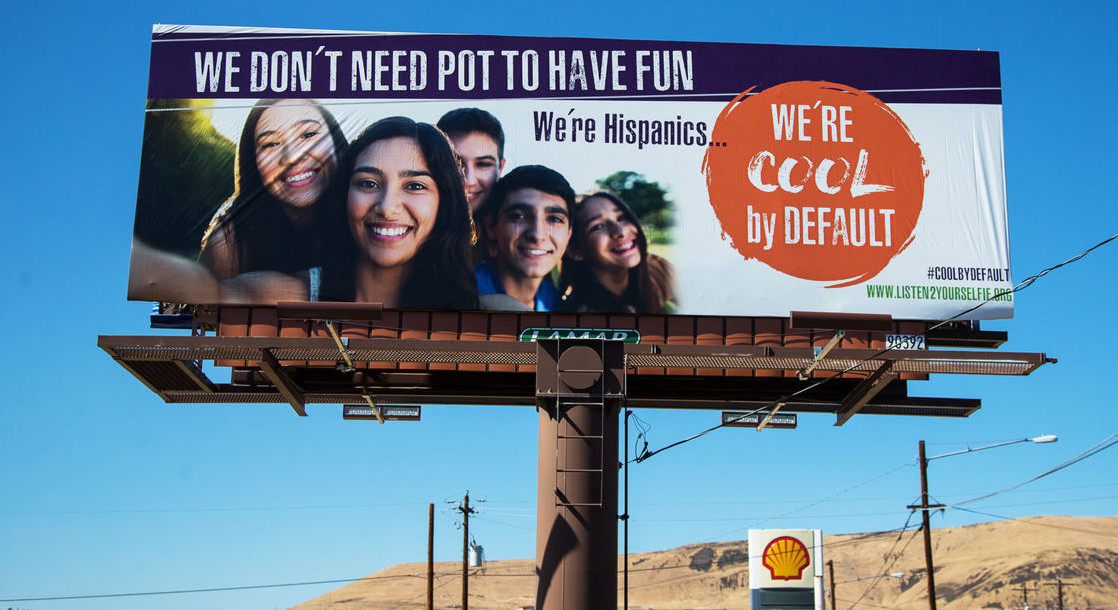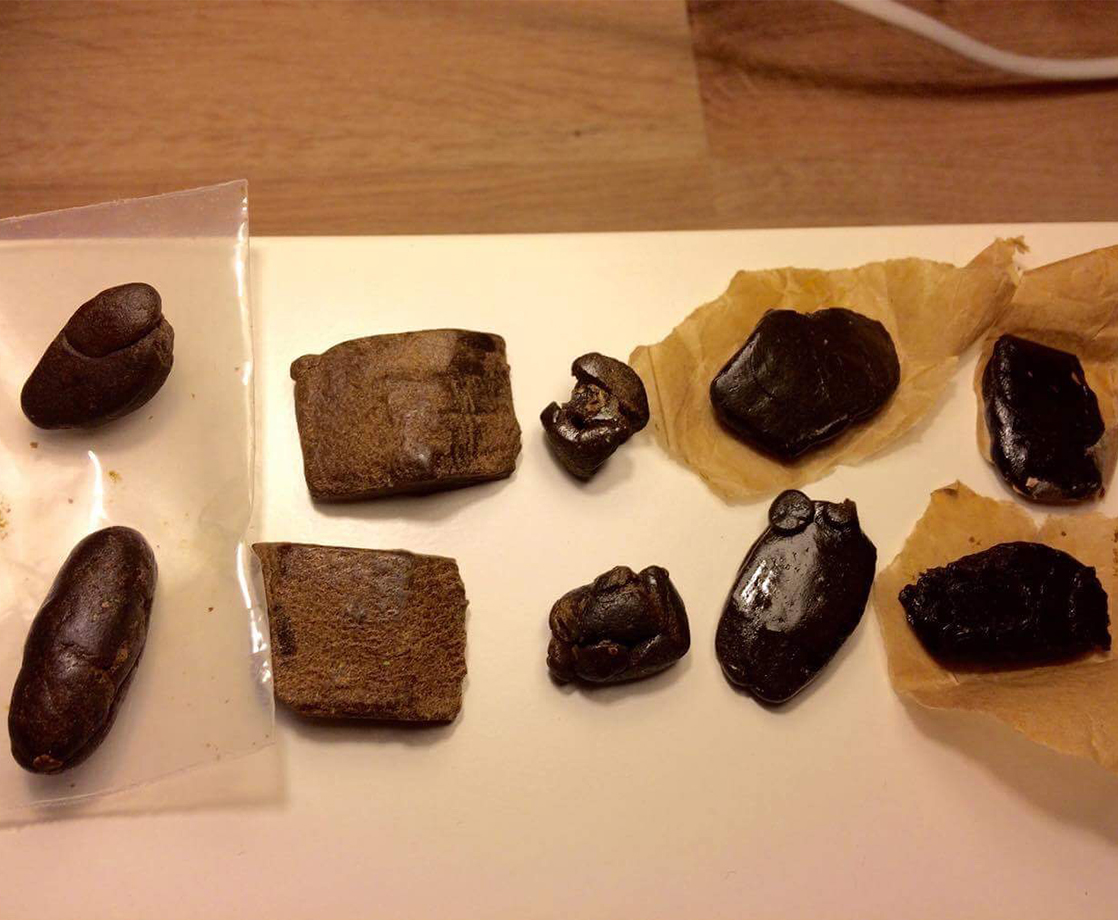Muhammad Ali, who died of respiratory failure at the age of 74 on Friday, was a three-time heavyweight boxing champion with dazzling footwork and a loudmouth he always backed up. Born under the name Cassius Clay, Ali started on his path to stardom after winning his first bout in 1954, and soon thereafter became the most prominent and recognizable athlete in the world.
But, with all of his memorable accomplishments inside of the ring, it’s easy to overshadow all of the battles that Ali fought outside of the ring as well. Ali was a boastful social activist too, speaking out against the Vietnam War under immense criticism, standing up for civil rights and religious peace, and eventually becoming a symbol for the fight against the detrimental Parkinson’s disease.
In memory of Ali and all of his greatness, let’s take a chronological look at some of his most important moments, his battles with both gloves on and gloves off, and how, for others dealing with Parkinson’s, medical marijuana could help with this condition Ali battled for so long.
1960: Clay Wins Gold in Olympics

Even though Ali, named Cassius Clay at the time, was already gaining recognition from the moment he won his first bout in 1954, his first claim to international fame took place at the 1960 Olympic Games in Rome. It took some convincing to get Clay to fly out to the Games, considering the 18-year-old boxing prodigy was deathly afraid of flying, but he ultimately was coerced by the man who introduced him to the world of boxing in 1954, policeman and boxing trainer Joe Martin. Clay was immensely popular at the Olympics, and was dubbed "the mayor of the Olympic Village.” With a budding popularity already growing back home, Clay was the fan favorite of the Olympics, which helped solidified him as an international superstar. After battling against some of the greatest boxers in the entire world at the time, Clay stood gleaming with a gold medal for the United States.
1964: Clay Defeats Sonny Liston

With his trash talk at its peak, Clay convinced one of the most fearsome boxers of all time, Sonny Liston, to meet him in the ring in 1964. Though many thought Clay was scared and hopeless in this match, he proved to be slicker and more savvy than Liston, eventually forcing the heavyweight title from him at the end of round six. This is one of his most famous bouts, and lead to one of his most boastful claims of all time, “I am the greatest! … I am the prettiest thing that ever lived!”
1964: Cassius Clay Becomes Muhammad Ali

Shortly after winning the heavyweight title against Liston, Clay became a major advocate for the Nation of Islam, making the famous name-change to Muhammad Ali. The religious conversion was controversial and risky in the eyes of many, but it didn’t stop Ali from following his newfound Islamic beliefs, which stemmed from a visit to a temple back in 1961. With this conversion, Ali became a confidant to civil rights activist Malcolm X, and soon became as outspoken in crucial social issues as he did inside of the ring.
1967: Stripped of Heavyweight Title After Refusing Being Drafted Military Service
Back in early 1966, Ali became eligible to be drafted by the United States Army to go to the Vietnam, a war that, like many social activists at the time, he was a stout critic of. But Ali had a lot to lose by refusing to fight against Vietnam, and for some time he did. After refusing to fight due to his “consciousness as a Muslim minister” and his “own personal convictions," boxing authorities stripped Ali of his world heavyweight title and suspended his boxing license. Already under fire for being a Black Muslim, Ali spent some time under heavy criticism until finally being allowed back into the professional boxing in 1971.
1971: Fight of the Century vs Joe Frasier

Dubbed as “The Fight of the Century”, Ali squared up against the new champion Joe Frazier in 1971 at Madison Square Garden. Although Ali had made a promising return, taking Frazier to a ruthless 15 rounds of pummeling one another, he eventually lost a unanimous decision. Although his retributed victory was spoiled by Frazier, Ali had won back the attention and affection of the professional boxing community he previously alienated due to social and religious convictions.
1974: Rumble in the Jungle
Before George Forman was on TV selling his name-brand grill, he was an extremely talented boxer who had handily defeated Frazier before taking aim at Ali in 1974. Famously dubbed “The Rumble in the Jungle”, Ali forced Foreman to expend all of his energy early on, using his famous ‘rope-a-dope’ technique to dodge Foreman’s powerful punch. It was a fight that even Ali’s closest friends and family were weary about, but once again, Ali proved that he should never be doubted. Finally, after dodging everything the new champion threw at him, Ali threw a flurry of punches during the eighth round, knocking Foreman out.
1975: Thrilla in Manilla
This famous rematch with Frazier, which many believe to be the greatest boxing bout of all-time, took place in the insanely hot heat of the Philippines. With some of the worst trash talking and temperature ever seen in a professional fight, Ali reaffirmed his status as the greatest of all time after defeating Frazier in the 14th round, after Frazier’s trainer, Eddie Futch, had no choice but to pull his struggling fighter from the ring. According to Ali, it was the closest he had ever come to death in the fighting ring.
1978: First-Ever Three-Time Champion

In 1978 at the age of 36, which is considered extremely old for a professional fighter, Ali had officially become a three-time heavyweight champion. With his growing age, Ali’s performance started becoming a bit lackluster. But, after losing to novice Leon Spinks, Ali mustered up enough to win back his title, becoming the first-ever fighter to win the heavyweight title back three times.
1984: Diagnosed with Parkinson’s disease
Although he battled a number of respectable fighters in the ring, Muhammad Ali faced his fiercest opponent after retirement. In 1984, Ali was diagnosed with Parkinson’s disease, which began to deteriorate his motor skills and his ability to speak coherently. Although he would eventually succumb to this battle last weekend, Ali became a staunch advocate for fighting this uncontrollable disease. In 1997, he and his wife co-founded the Muhammad Ali Parkinson Center, which to this day, provides intensive care for others battling with Parkinson’s disease.

1996: Olympic Torch in Atlanta Games
In what was one of the most memorable moments in Olympic history, Ali shocked the world by appearing at the 1996 Atlanta Olympic Games. Standing under the spotlight in the jam-packed stadium, with his left hand shaking from his bout with Parkinson’s, Ali had managed to light the Olympic torch. Under the public eye for one of the first times since being diagnosed with the physically debilitating disease, Ali’s appearance at the Olympic Games was met with cheers, tears, affection, and an undeniable respect for the greatest athlete of all time.
After his lengthy and admirable battle with Parkinson’s disease, Ali’s influence is sure to live on across the world. Not only has the man become a symbol for those dreaming of becoming a world-class athlete, but also for those advocating religious peace, social justice, and fighting against Parkinson’s. Although his strict religious convictions may have prevented Ali from trying cannabis during his bout with the disease, recent research has proved the potential positive impact that marijuana could have on treating Parkinson’s.
Although proper research is difficult to come across due to legalization issues, there are quite a few studies that hint that marijuana could help alleviate certain Parkinson’s symptoms, including motor skills, mood, quality of life, and sleep.
According to the National Parkinson Foundation, cannabinoid receptors seem to be heavily concentrated in a region important to Parkinson’s disease, which is commonly referred to as the basal ganglia. Though marijuana certainly shouldn’t be treated as an end-all solution for treating Parkinson’s disease, initial research shows some promising signs. Perhaps, sometime in the near future, medical cannabis can jump into the ring to help manhandle the hapless symptoms of Parkinson’s, helping others who are fighting the same fight as Ali did to improve their livelihood and physical ability, giving them the same confidence to fight on as Ali had both inside and outside of the ring.











